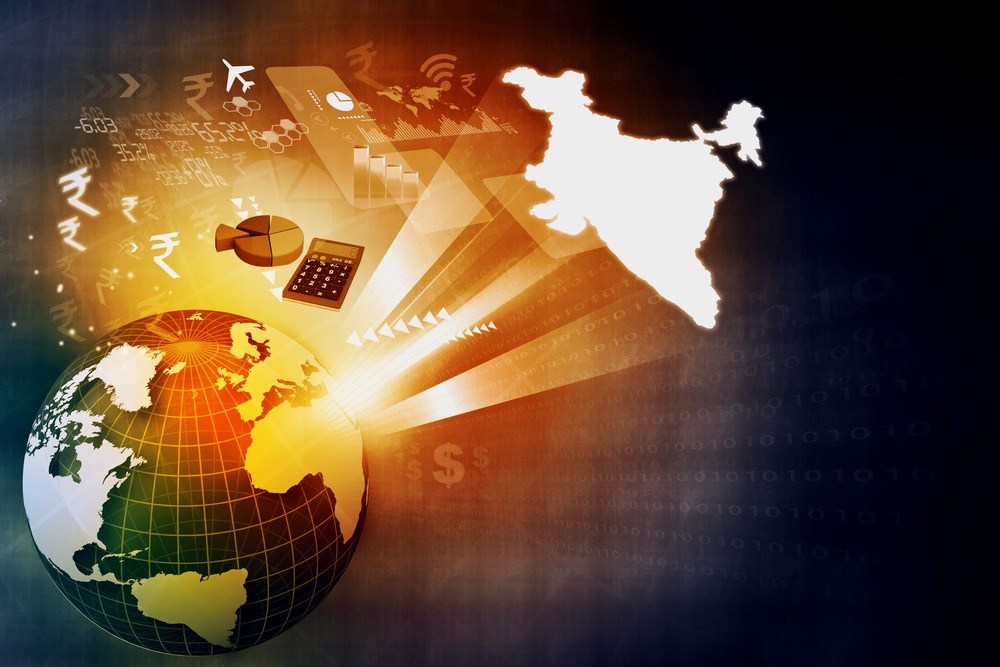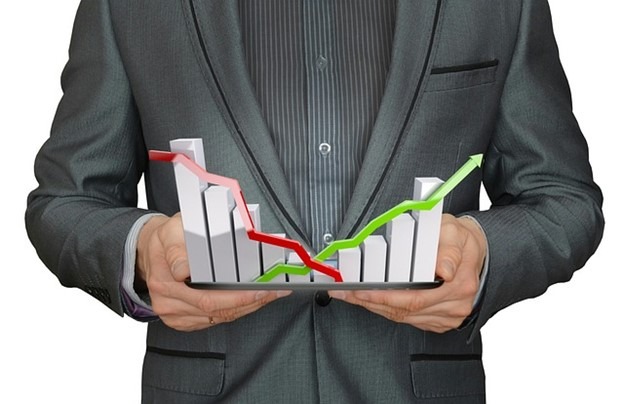Key Points
- Experts project that the growth of the Indian economy will decelerate to 6.5% in FY 2024-25, following an expansion of 7.3% in the current fiscal year.
- Influencing factors include a slowdown in industrial growth and subdued consumption demand.
- India Ratings & Research highlights the importance of sustained government expenditure and healthy corporate performance amidst favourable global commodity prices.
- Key concerns revolve around weak consumption demand, investment patterns, and the need for broader-based, inclusive growth.
- Global challenges affect merchandise exports, and the expected depreciation of the Indian rupee will influence the economic landscape.
As the Indian economy moves into the fiscal year 2024-25, it faces the challenge of navigating several hurdles. Growth projections have been adjusted downwards to 6.5% from the current fiscal year’s robust 7.3%. This adjustment puts a spotlight on underlying factors such as the industrial sector’s slowdown and subdued consumption demand. These elements are crucial in dictating the pace of expansion and underscore areas that require immediate attention to sustain growth momentum.
Government Spending & Corporate Strength Key
India Ratings & Research (Ind-Ra) highlights several pivotal aspects influencing the economy’s dynamics. The emphasis on sustained government capital expenditure stands out as a cornerstone for stabilizing growth. This is complemented by the resilience of corporate performance amidst globally favourable commodity prices. However, concerns about weaknesses in consumption demand and investment patterns loom, signalling the necessity for a more inclusive approach to economic development.
The Path to Inclusive Growth
The pursuit of inclusive growth is central to the discourse on economic prosperity. Consequently, balancing consumption patterns across income brackets becomes crucial. Moreover, disparities in demand exacerbate challenges in achieving widespread economic benefits. Furthermore, the increased demand in lower-income households underscores the need for policies that expand growth. Therefore, such policies ensure progress reaches every corner of society.
Corporate Profitability Amidst Inflation Concerns
The interplay between corporate profitability and inflation presents a complex scenario for the upcoming fiscal year. Rising wholesale price inflation poses a significant challenge, potentially eroding corporate margins. With consumption patterns constrained, passing on increased input costs becomes challenging. This situation necessitates strategic adjustments to maintain profitability.
Rupee’s 3% Fall Shakes Economy
Looking ahead, the economy faces additional challenges from external fronts. Anticipated global headwinds are expected to impact merchandise exports, highlighting broader challenges in international trade. Meanwhile, the Indian rupee’s projected depreciation by over 3% against the US dollar adds another layer of complexity. This affects import costs and overall economic stability. With retail inflation expected to drop, yet wholesale price inflation may rise, vigilant policies are essential to navigate through these economic challenges.












